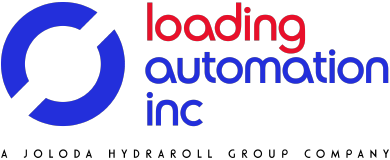Conveyor belts are the tools that move many industries, transporting the products and materials necessary for the UK's economy to grow. But have you ever stopped to think there's another ecosystem of parts and tools beneath this more visible layer? We're talking about the chains that make the conveyor belts work.
Just as there is a vast variety of conveyor belts, there's also a wide range of chain types.
Let's learn more about this critical piece of equipment.
Book a FREE Loading Assessment
Learn how to make the loading process safer and more efficient with a no-obligation assessment...
BOOK NOW












